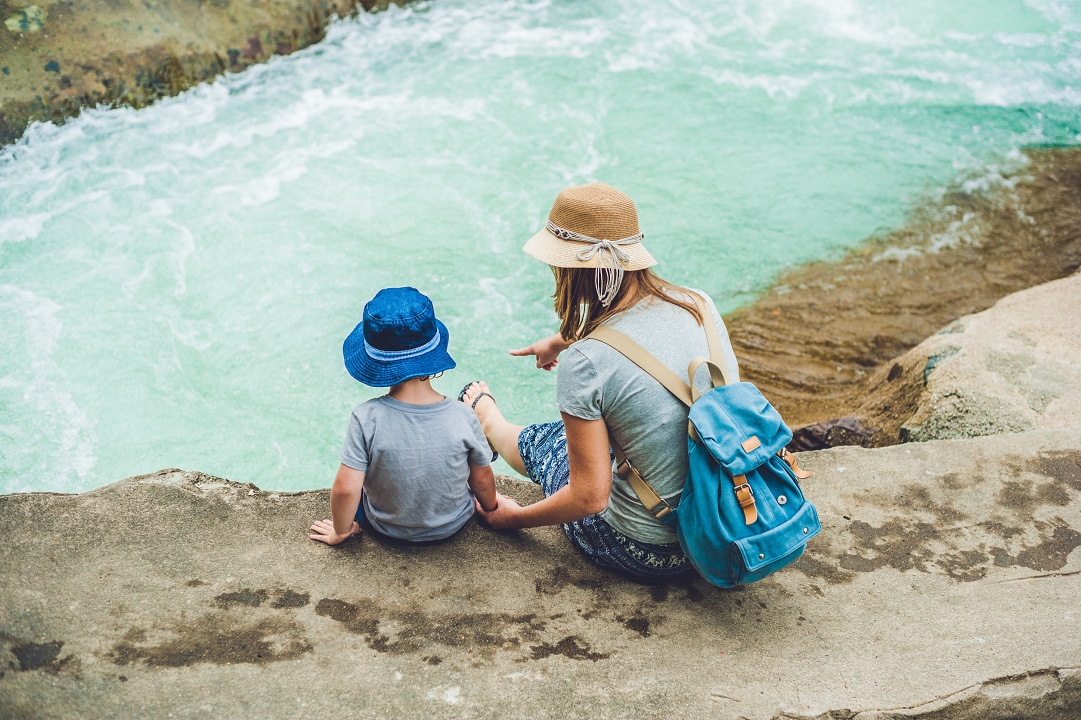
1. Choose Age-Appropriate Destinations

For families with teenagers, look for destinations that offer more adventurous activities like hiking, water sports, and theme parks with thrilling rides. Older kids often enjoy destinations with a mix of outdoor activities and cultural experiences, providing both excitement and educational value.
2. Plan Activities for All Interests

Creating a flexible itinerary that includes a variety of activities can help ensure that everyone has a great time. Allowing each family member to choose an activity or destination can also make the trip more inclusive and fun. This approach ensures that all interests are considered and that every family member feels valued.
3. Prepare for Travel Logistics

Consider the needs of each age group when planning your travel arrangements. For example, younger children may require frequent breaks, while teenagers might need activities to keep them occupied during long trips. Planning for these logistics can help prevent meltdowns and keep everyone comfortable and happy.
4. Prioritize Safety and Comfort

Comfort is also essential for a stress-free trip. Choose accommodations that provide enough space for everyone to relax and unwind. Consider booking a vacation rental or suite with separate sleeping areas to give everyone a bit of personal space, which can be especially important for longer trips.
5. Include Educational Experiences

Educational experiences can be both fun and informative, providing valuable learning opportunities outside the classroom. They also allow kids to engage with new cultures and histories, fostering a deeper appreciation for the world around them.
6. Allow for Downtime

Downtime also provides an opportunity for spontaneous family moments, such as playing games, watching movies, or simply enjoying each other’s company. These quieter times can be just as memorable as the more structured activities and help create a balanced and enjoyable trip.
7. Involve Kids in Planning

Giving kids a say in the planning process can also teach them valuable skills, such as budgeting, researching, and decision-making. It fosters a sense of responsibility and helps them understand the effort involved in organizing a successful trip.
8. Pack Wisely

Packing light, yet efficiently, can make traveling easier. Use packing cubes or organizers to keep things neat and accessible. Remember to include essentials like sunscreen, insect repellent, and a basic first aid kit to handle any minor emergencies that might arise.
9. Plan for Meals and Snacks

Bringing along snacks is also important, especially for travel days or excursions where food might not be readily available. Healthy snacks like fruit, nuts, and granola bars can keep everyone energized and prevent hunger-induced meltdowns.
10. Capture the Memories

Involving kids in capturing memories can also enhance their engagement with the trip. Let them use a camera or smartphone to take pictures from their perspective, and involve them in creating a travel diary or drawing pictures of their favorite moments.
Cherishing the Journey

Travel Costs: 10 Sneaky Ways Airlines Take More of Your Money
Road Trip Revelations: 10 Epic Road Trip Ideas for Your Next Adventure

Toi Williams began her writing career in 2003 as a copywriter and editor and has authored hundreds of articles on numerous topics for a wide variety of companies. During her professional experience in the fields of Finance, Real Estate, and Law, she has obtained a broad understanding of these industries and brings this knowledge to her work as a writer.

Speak Your Mind